Community Blogs
15 total BlogsBuilders's Logs
Post and track any aviation related topic you can dream of; Builder's Log, Upgrade Log, Rebuild or Maintenance Log, and more!
—Create unlimited posts with photos, videos, and other documents
—Track time and expenses (which can be public or private)
—Share your Builder's Log on other social media platforms, and other Hangar Flying Community Members can follow and comment – or you can keep it private
—You can even back-date your posts if you wish to move your project, or other aviation blog, from another platform!
Click on New Builder's Log below to get started today…
Search Blogs
Looking for a reliable aircraft that blends performance, comfort, and cost-efficiency? What if professionals worldwide trusted one plane - would you want to know why? Aviation experts often recommend the King Air Turboprop when choosing the right aircraft. It’s not just about speed or sleek looks - it’s about performance, reliability, safety, and comfort, all wrapped into one trusted plane. Whether you're flying for business or personal use, the King Air has set a high standard in turboprop aviation. This blog explores why pilots, engineers, and aviation pros choose this aircraft repeatedly. 1. Proven Reliability in All Conditions: The King Air Turboprop is known for its outstanding reliability. It performs well in different weather conditions and tough environments, whether it's a short runway or a high-altitude airport. This dependability makes it a favorite among operators who can't afford delays or malfunctions. With decades of proven use and a strong safety record, it's a trusted choice in both commercial and private aviation sectors. When aviation experts recommend an aircraft, reliability is always a key factor - and the King Air doesn’t disappoint. 2. Exceptional Comfort for Passengers: One major reason why the King Air is preferred for executive and charter flights is its cabin comfort. Despite being a turboprop, it offers a quiet and spacious interior. The pressurized cabin keeps passengers comfortable at higher altitudes, and the seating can be arranged to feel like a mini office or lounge. Passengers enjoy a smooth, relaxing ride, even on longer flights. This level of comfort is something aviation experts praise when recommending aircraft to clients who want both efficiency and luxury. 3. Impressive Range and Fuel Efficiency: The Turboprop, like Piper aircraft Turboprop, strikes a great balance between speed and fuel efficiency. It can fly longer distances without needing constant refueling, making it ideal for regional travel. This helps reduce costs over time and allows operators to plan more direct, efficient routes. Aviation experts appreciate how the aircraft delivers value without sacrificing performance. For many business owners or charter companies, this fuel-efficient range is a game-changer that supports both budget and productivity. 4. Advanced Avionics and Safety Features: Safety is always a top concern in aviation. The King Air comes equipped with modern avionics systems that help pilots navigate safely and efficiently. From weather radar to GPS-guided approaches, the aircraft is loaded with tools that improve situational awareness and decision-making. Newer models also include automation features that reduce pilot workload. These advancements in safety technology are one of the biggest reasons aviation professionals recommend King Air; it gives peace of mind in every flight. 5. Low Operating and Maintenance Costs: Compared to jets, the King Air Turboprop is far more cost-effective to operate and maintain. It uses less fuel, has fewer complex systems, and parts are generally more accessible and affordable. For owners and operators, this means lower costs over the aircraft’s life span. Aviation maintenance crews also value how easy it is to service and inspect, reducing downtime between flights. This cost-efficiency makes it a smart long-term investment, something experts always consider before recommending an aircraft. 6. Versatility for Different Missions: The King Air isn’t just for private passengers - it’s also widely used in medical transport, cargo delivery, military use, and even aerial survey work. Its flexibility and performance allow it to handle a variety of missions, which is why it’s found in fleets around the world. Aviation professionals know that an aircraft that can do more offers better returns. Whether flying into a remote village or a city airport, King Air handles it with ease. 7. Strong Support and Global Presence: Another reason experts recommend King Air is the strong global support network behind it. Parts, services, and trained technicians are available worldwide, making it easier to maintain the aircraft wherever it operates. Beechcraft, the manufacturer, has built a solid reputation for standing behind its products. When experts look at long-term support and ease of ownership, King Air earns high marks again and again. Conclusion NAASCO is more than a service provider - they're a partner in your success. Whether it’s crafting a customized solution for your aircraft electrical generator or ensuring smooth operations with repairing aircraft contractors, our commitment to quality is unmatched. Their aircraft repair shop and aircraft supply store are equipped to handle your needs with precision and care. They’re proud to provide maintenance, repair, and overhaul aviation services that meet the highest industry standards, from aircraft strobe lights to aircraft terminal blocks. When you work with us, you gain a partner who is invested in your success.
Learjets are among the most trusted names in the aviation industry, known for their speed, reliability, and luxury in the light jet aircraft category. However, like all aircraft, Learjets require regular maintenance to remain in peak operational condition. Over time, certain Learjet parts tend to wear out faster and demand routine inspections and replacements to ensure safety and performance.
In this blog, we’ll explore the most commonly replaced parts in Learjet models and why staying on top of these replacements is crucial for every aircraft owner or operator.
Common Learjet Parts That Require Frequent Replacement
1. Brake Components
Due to frequent takeoffs and landings, brake components—such as rotors, discs, and pads—are subject to high stress and wear. Regular checks and replacements help prevent braking inefficiencies and ensure safe runway operations.
2. Tires and Landing Gear
Learjet tires undergo extreme pressure during takeoff and landing cycles. Uneven wear, foreign object damage, and pressure loss often require timely replacement. Similarly, landing gear components, including struts, actuators, and bushings, are heavily used and must be inspected routinely.
3. Batteries
Aircraft batteries, especially those in light jet aircraft like Learjets, have limited lifespans. These batteries are critical for engine start and backup systems. Whether it's a lead-acid or nickel-cadmium battery, routine testing and timely replacement prevent mid-flight power issues.
4. Hydraulic System Parts
The hydraulic system powers essential aircraft operations, including landing gear extension, brakes, and flight control surfaces. Seals, pumps, and valves within this system are prone to degradation over time due to constant pressure and temperature fluctuations.
5. Cabin Pressurization Components
Cabin pressure controllers, outflow valves, and pressure sensors are essential for maintaining a safe and comfortable cabin environment. These Learjet parts are known to wear down over time and require periodic calibration or replacement.
6. Power Relays for Light Jet Systems
Power relays for light jet aircraft play a key role in distributing electrical power across systems. Faulty relays can result in intermittent electrical failures, affecting avionics, lighting, and even engine management systems. These components are typically replaced based on service history or when performance issues are detected.
7. Filters (Fuel, Oil, Air)
Filters help protect the engine and auxiliary systems from contaminants. Over time, they get clogged and can hinder performance or cause failures. Routine filter replacement is one of the most common maintenance tasks in Learjet operations.
8. Lighting and Avionics Components
Navigation lights, cockpit displays, and communication units are vital for operational clarity and compliance with regulations. Bulbs, fuses, and digital screens can malfunction or degrade, especially in high-use aircraft, requiring prompt attention.
Ensure Safety and Performance with Quality Learjet Parts
Maintaining your Learjet in top condition demands a proactive approach to identifying and replacing high-wear components. Whether you operate a corporate fleet or manage a single light jet aircraft, sourcing quality Learjet parts ensures reliability and safety.
For trusted repair, overhaul, and replacement solutions—including power relays for light jet aircraft—turn to NAASCO. With decades of aviation maintenance experience, NAASCO offers industry-leading support and FAA-certified services to keep your aircraft flying safely and efficiently.
For more details, visit our website today!
In the world of aviation, reliability and precision are non-negotiable. Every component of an aircraft must perform flawlessly, and among these vital components, Aircraft DC Motors play a crucial role. Whether it's powering flight control systems, hydraulic pumps, or auxiliary systems, DC motors ensure the smooth and safe operation of many aircraft functions. At NAASCO, we understand the critical nature of these motors and are committed to providing superior solutions to keep aircraft operating safely and efficiently.
What is an Aircraft DC Motor?
An Aircraft DC Motor is a direct current electric motor specifically designed to handle the unique demands of aviation environments. Unlike traditional motors used in automotive or industrial applications, these motors are built to withstand extreme altitudes, fluctuating temperatures, and continuous vibration — all while delivering consistent, reliable performance.
DC motors in aircraft are typically used for:
-
Hydraulic pump drives
-
Actuation systems
-
Landing gear mechanisms
-
Flight control surface movements
-
Auxiliary power systems
Their compact size, high torque, and precise speed control make them ideal for many onboard applications where AC motors may not be practical.
Why Aircraft DC Motors Matter
The performance of an aircraft heavily relies on the precision and reliability of its DC motors. Any failure can lead to serious consequences, from delayed flights to potential safety hazards. This is why selecting high-quality components and ensuring regular maintenance is vital.
Some of the key advantages of Aircraft DC Motors include:
-
Smooth speed regulation
-
High starting torque
-
Quick response times
-
Lightweight design
-
Minimal electromagnetic interference
At NAASCO, we recognize these critical demands and offer expertly engineered DC motor solutions designed for long-lasting performance and minimal downtime.
NAASCO: Your Trusted Partner for Aircraft DC Motors
With decades of experience in aviation support, NAASCO has built a reputation for excellence in the repair, overhaul, and supply of aircraft electrical components, including DC motors. Our specialized services ensure that each motor meets or exceeds OEM standards, providing peace of mind for airlines, maintenance providers, and aircraft owners worldwide.
NAASCO’s Aircraft DC Motor Services Include:
-
Full-service inspections and diagnostics
-
Precision repairs and overhauls
-
Advanced component testing
-
Use of high-quality replacement parts
-
Comprehensive final testing for guaranteed performance
By partnering with NAASCO, you are not just receiving a product — you are gaining access to decades of technical expertise and a team dedicated to keeping your aircraft flying safely.
The NAASCO Difference
What sets NAASCO apart in the aviation industry is our commitment to quality, safety, and customer satisfaction. Our technicians are highly trained and follow strict quality control procedures to ensure every Aircraft DC Motor we handle is restored to peak performance. We also invest in the latest testing equipment to simulate real-world operating conditions, guaranteeing that every motor will perform flawlessly under pressure.
Our long-standing relationships with airlines, MRO facilities, and OEMs reflect our dedication to excellence and reliability.
Conclusion
In aviation, every part matters — and Aircraft DC Motors are no exception. With NAASCO, you can trust that your aircraft’s electrical systems are in expert hands. Our commitment to quality service and superior products ensures that your aircraft stays operational, safe, and efficient.
For more information or to inquire about our Aircraft DC Motor services, contact NAASCO today and experience the difference trusted aviation support can make.
Hangar Flying e-News Images
Kitfox 4 panel
design
Building the CX4
Will document the construction of a new Just SuperSTOL XL
90% Complete, 90% left to do. Prior builders choose good upgrades/changes over the years, such as dual hydraulic brakes Good to excellent detail work. As the latest builder (goal is to complete in 2 years). Edit (08/29/2023) - Bwaahahaha! Many things need to be checked out, validated during the start of the process. Engine was assembled in 2010 and never run. I've got the turbo upgrade kit to put on and will do a partial teardown/overhaul at the same time. The first 1.5 years of my ownership is getting the garage ready for this unexpected purchase. Some riveting left to do, partial glass panel to complete/test. Decide how to implement ADS-B out, and if is feasible without fully investing in new glass.
Check these panels that were designed and completed by our users!
Just some photos and videos from the Kelly Airpark 2022 Pancake Breakfast!
http://kellyairpark.org/
Panel upgrade
Mooney M20E classic design
- Hangar Flying's SS750z Builder's Log
- This project and this Builder's Log is a work in progress
- Aircraft – Zenith STOL CH750
- Engine – Rotax 912 ULS Zipper big bore – 116 HPProp – TBD but leaning toward a 2 or 3-blade ePropPanel – 12.9" iPad Pro, Levil 3 AW, GRT EIS and TQ radios
I found this factory quick build kit that was partially built and decided maybe it was a good time to build another airplane…even though I travel 7-8 months a year for work. What was I thinking! ? Anyway, you are welcome to follow along, comment, ask questions, and hopefully, it will help some other builders along the way. I deploy for work about 6-7 months a year, so there may be some gaps in my updates. I also added all posts prior to April 2022 well after I had taken the photos...but going forward I will do a better job of posting updates!



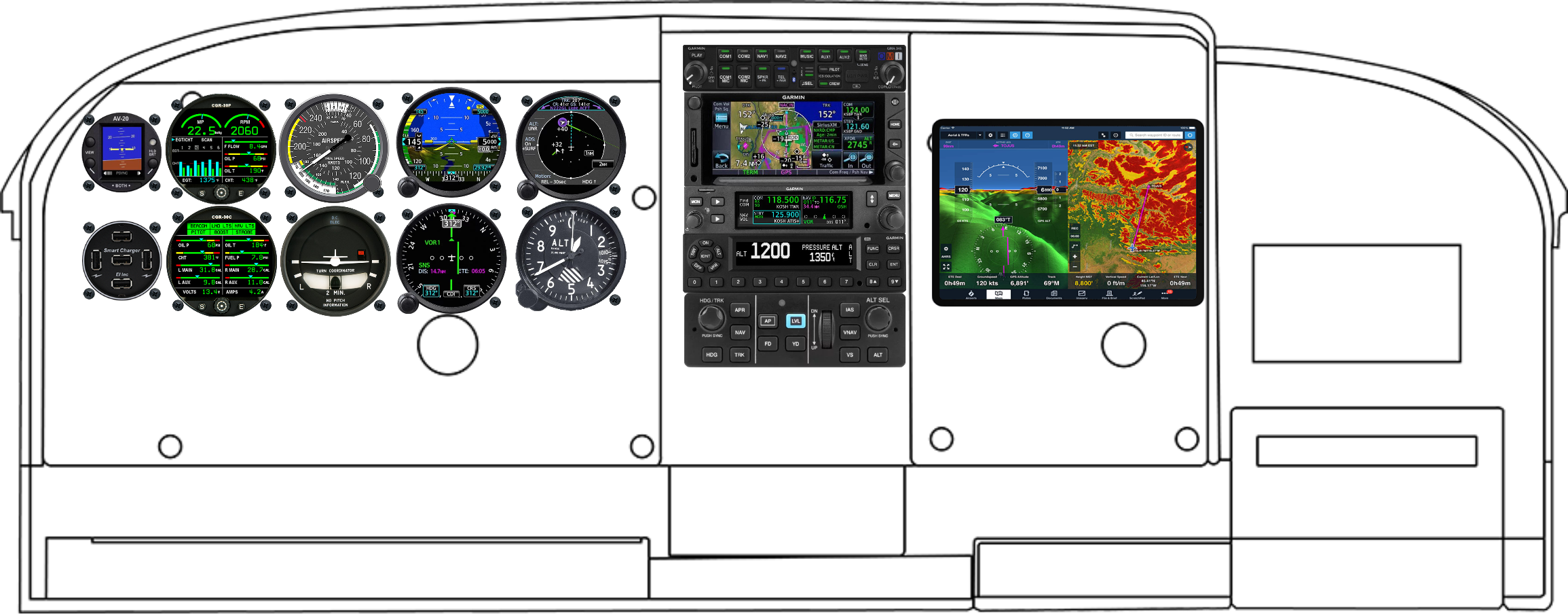 182J
182J
 Model 5/7
Model 5/7
 Model 5/7
Model 5/7
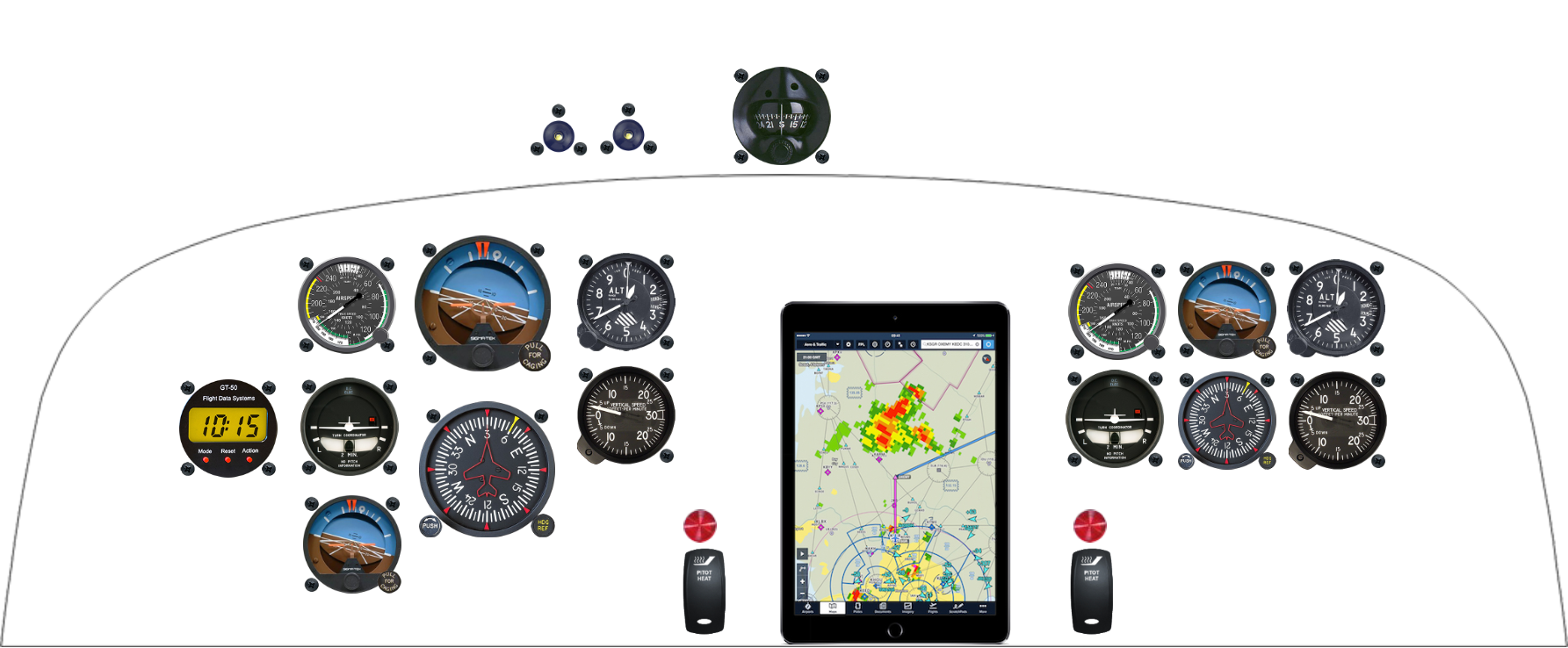 Model 5/7
Model 5/7
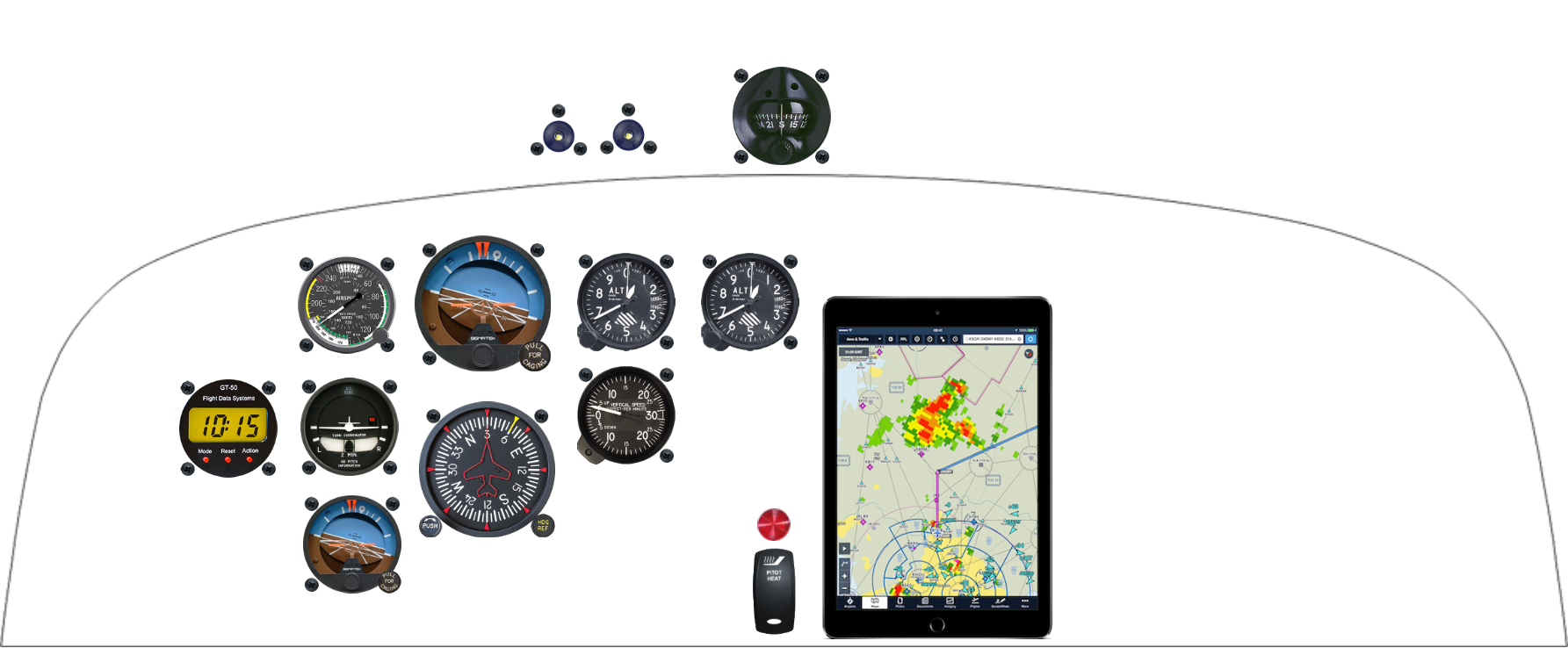 Model 5/7
Model 5/7
 Model 5/7
Model 5/7
 Model 5/7
Model 5/7
 RV-10
RV-10
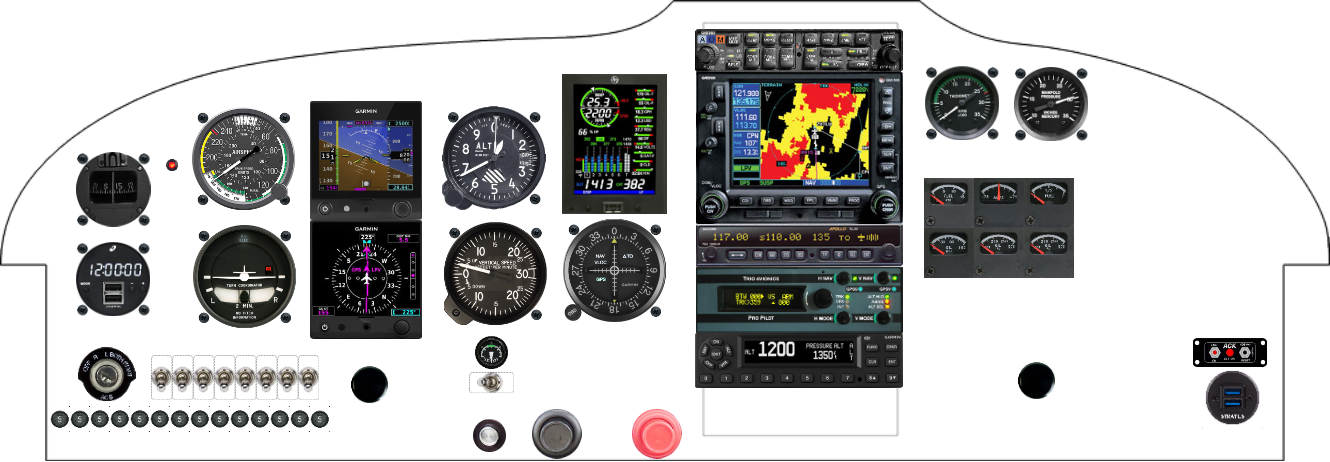 Cherokee 180C
Cherokee 180C
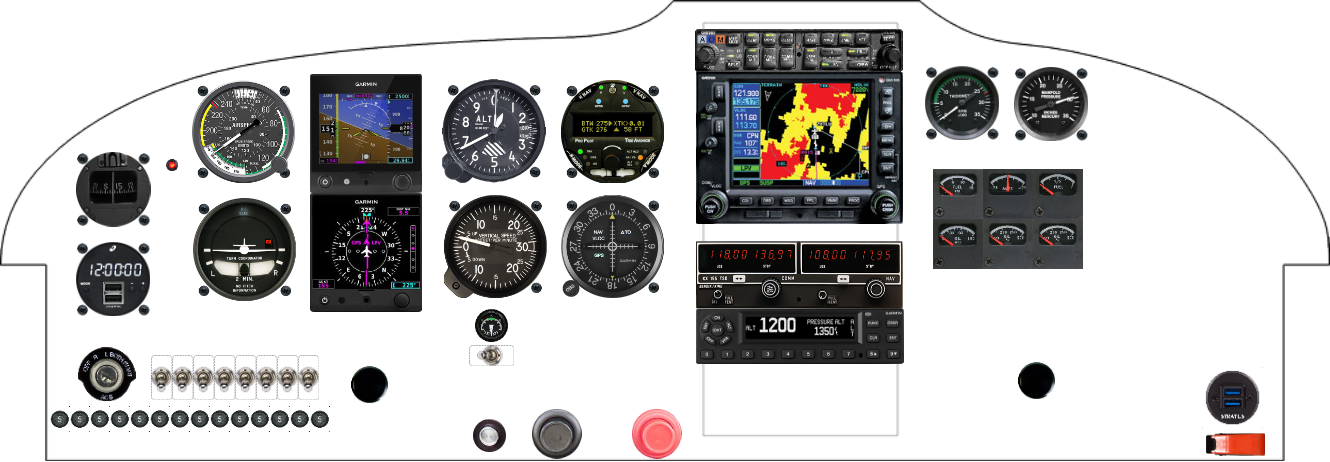 Cherokee 180C
Cherokee 180C
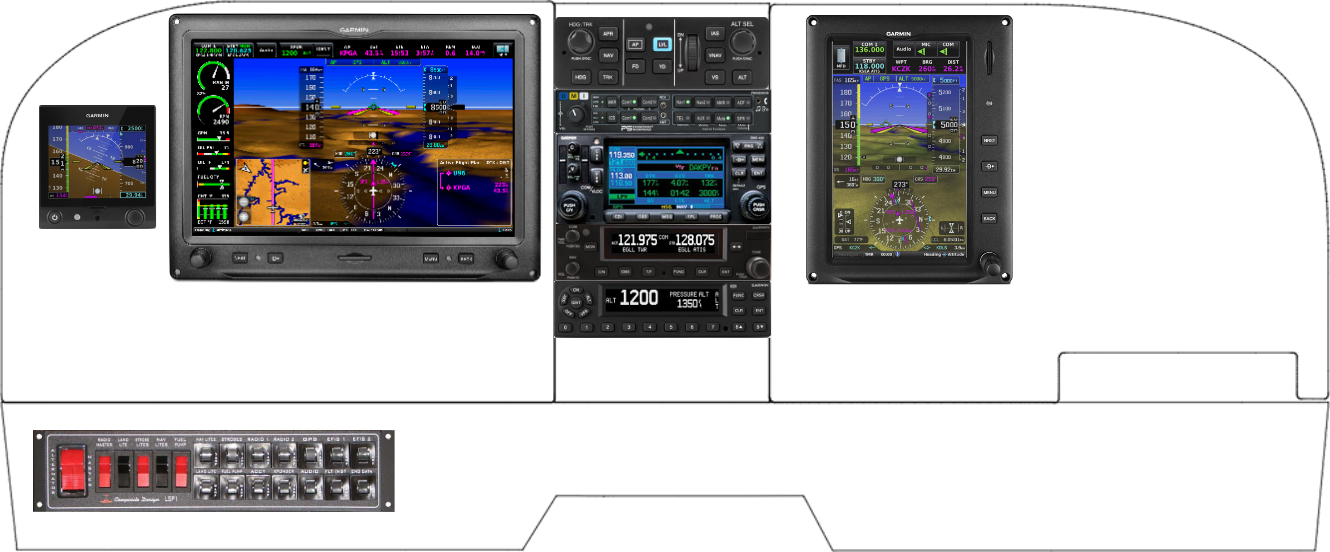 182P, Q, R, R182, TR182
182P, Q, R, R182, TR182
 RV-7/9
RV-7/9
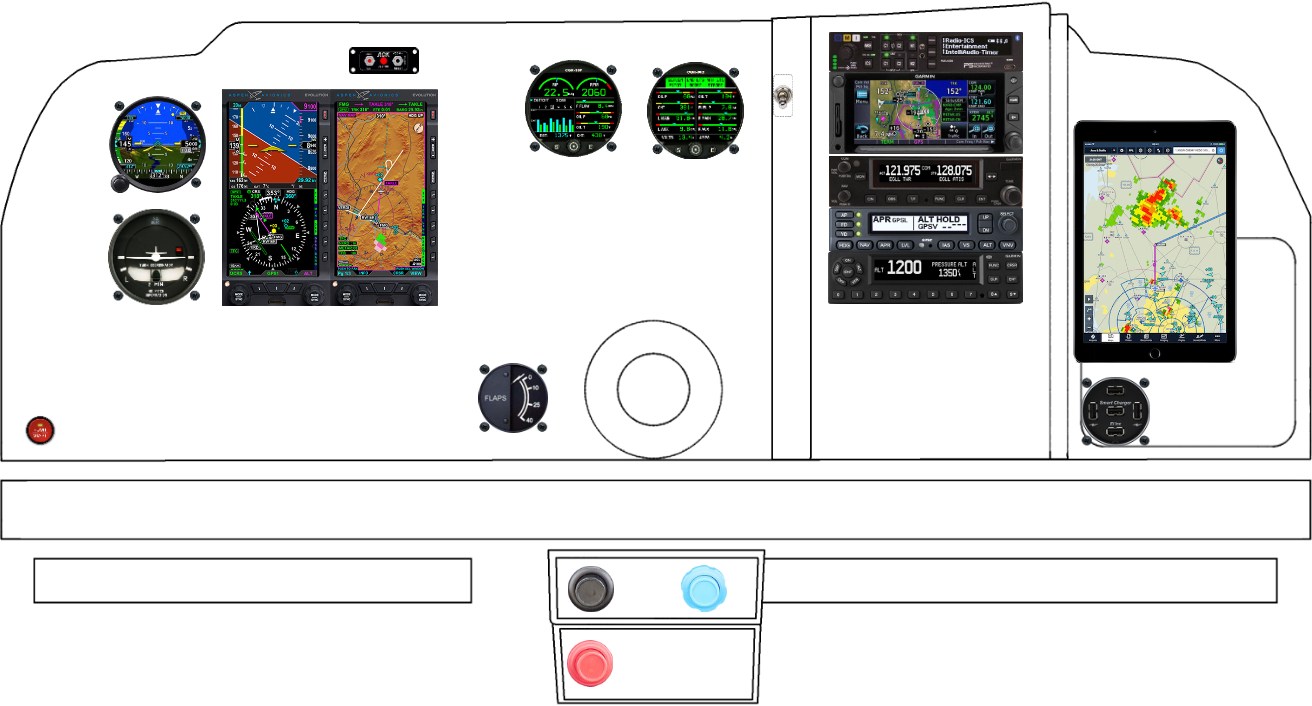 35-B33
35-B33
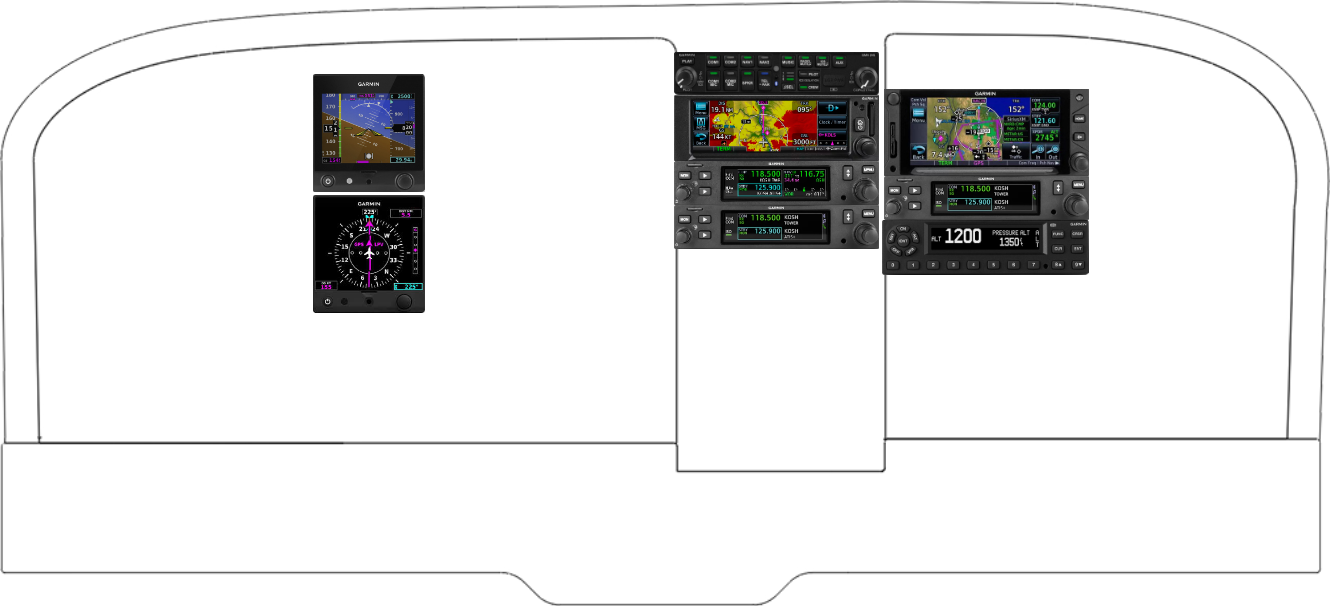 172
172
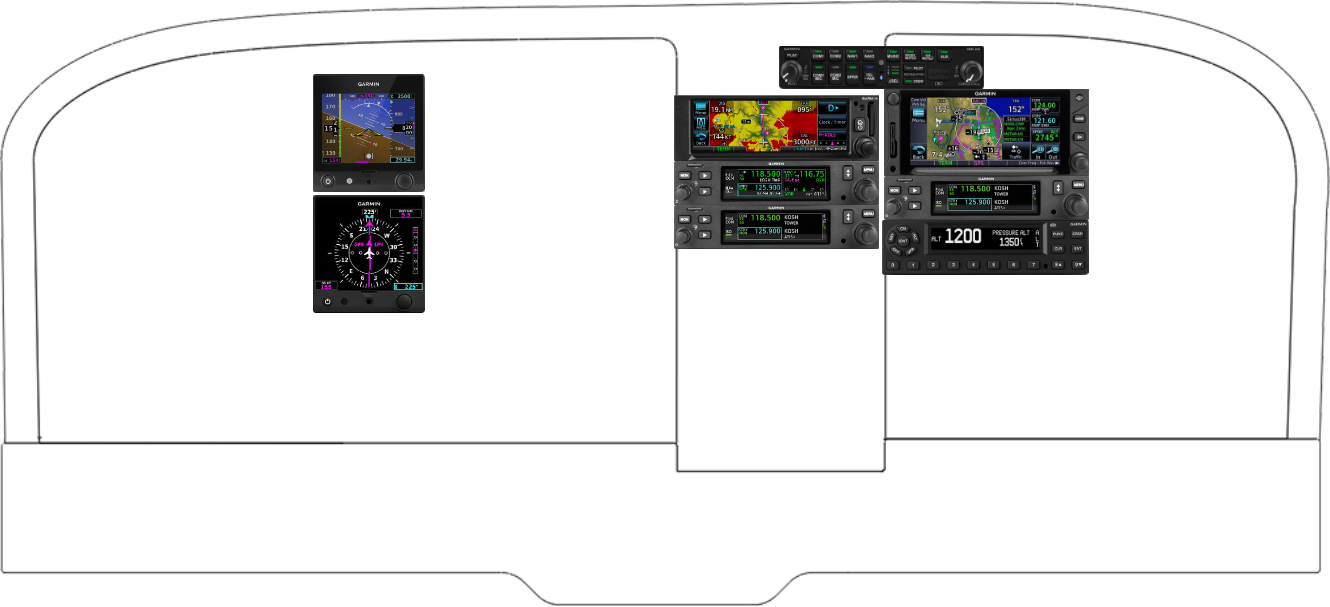 172
172
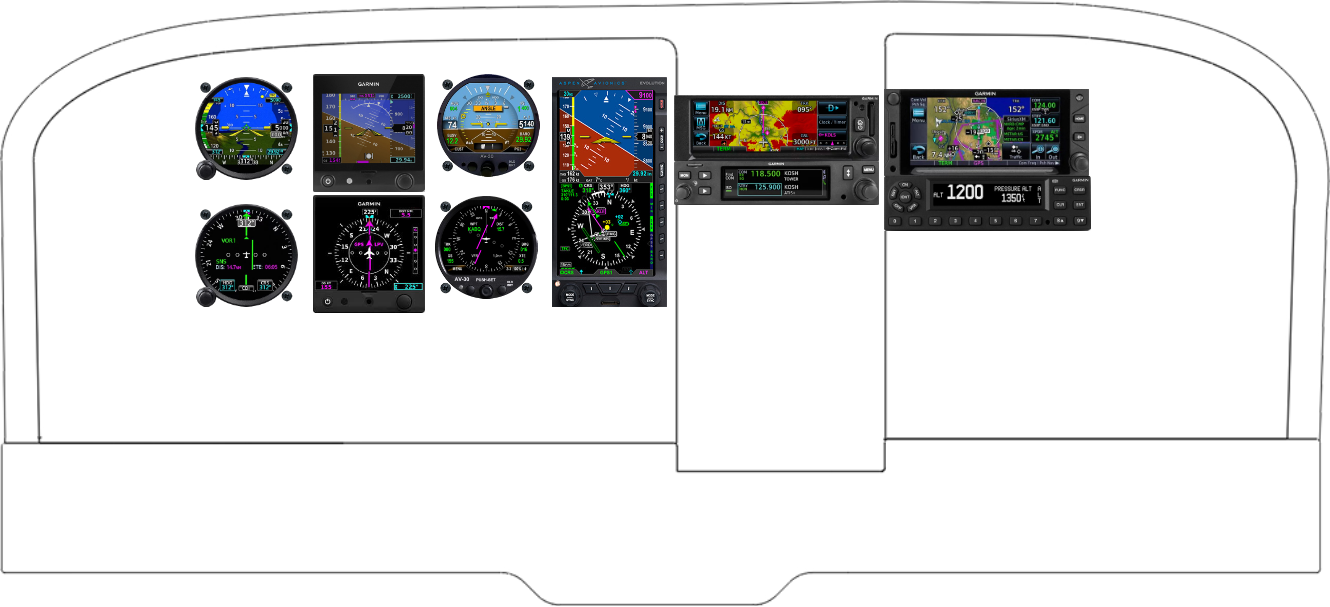 172
172
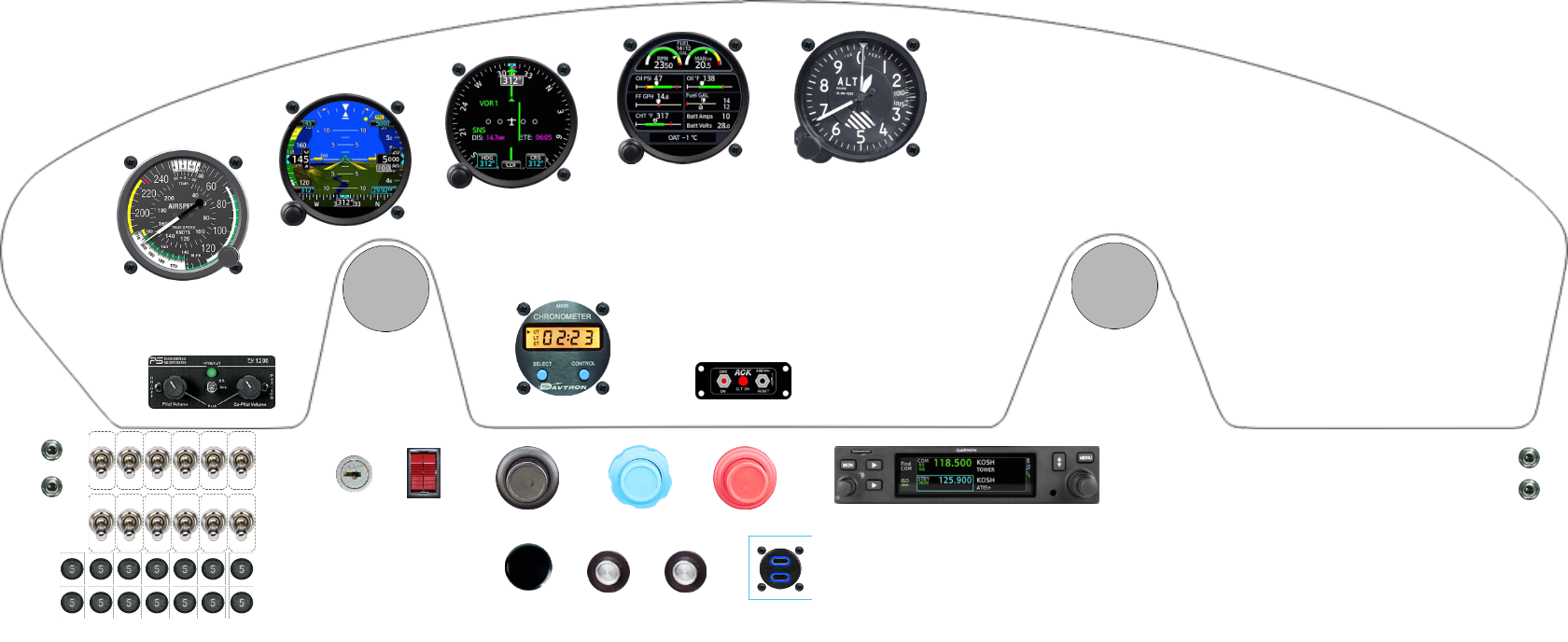 170B
170B
 Sonex
Sonex
 RV-7/9
RV-7/9
 RV-7/9
RV-7/9
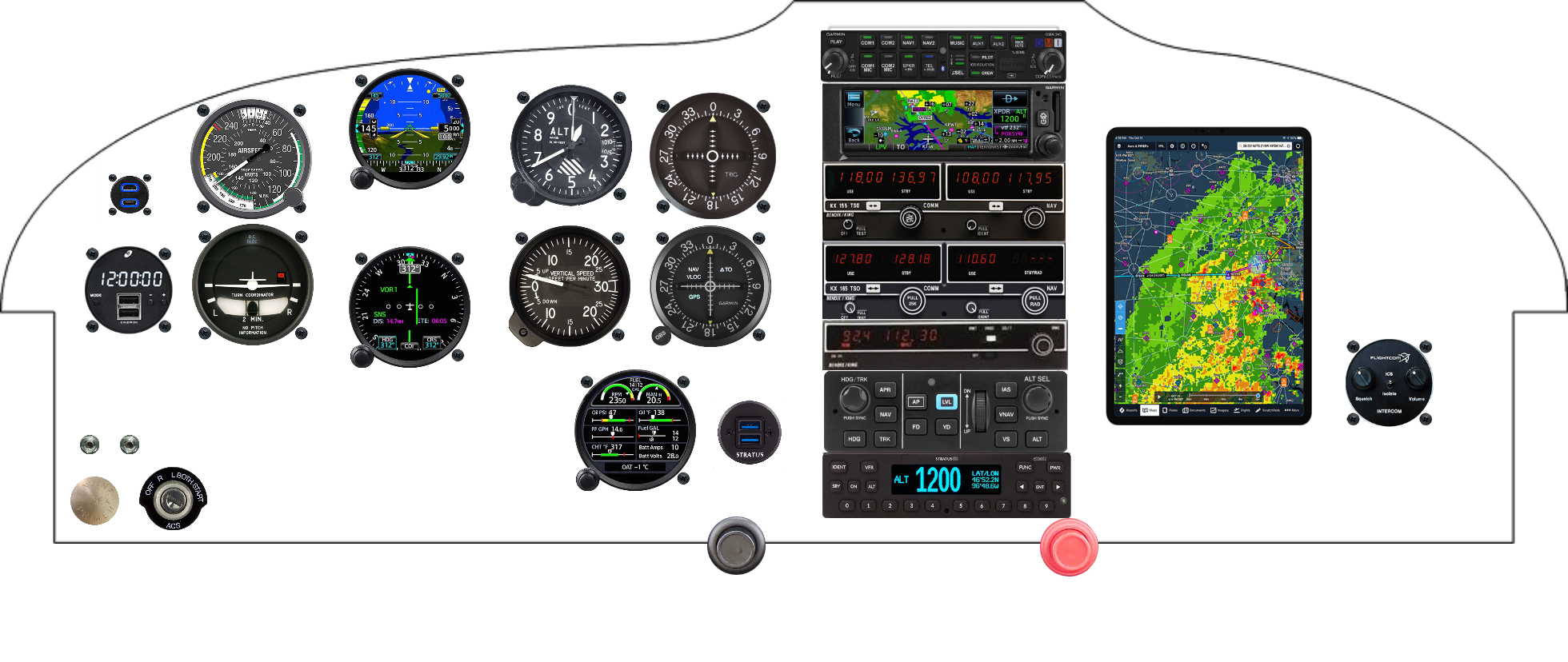 Cherokee 180C
Cherokee 180C
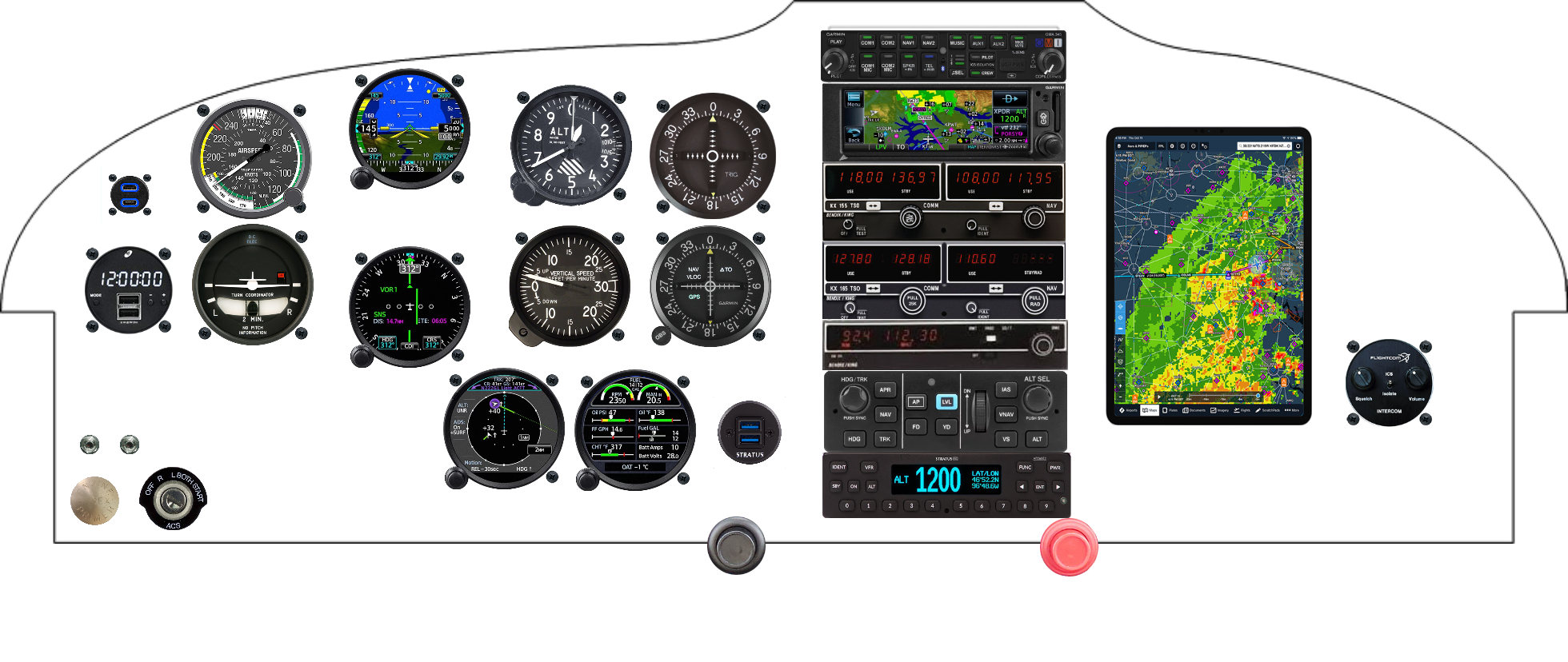 Cherokee 180C
Cherokee 180C
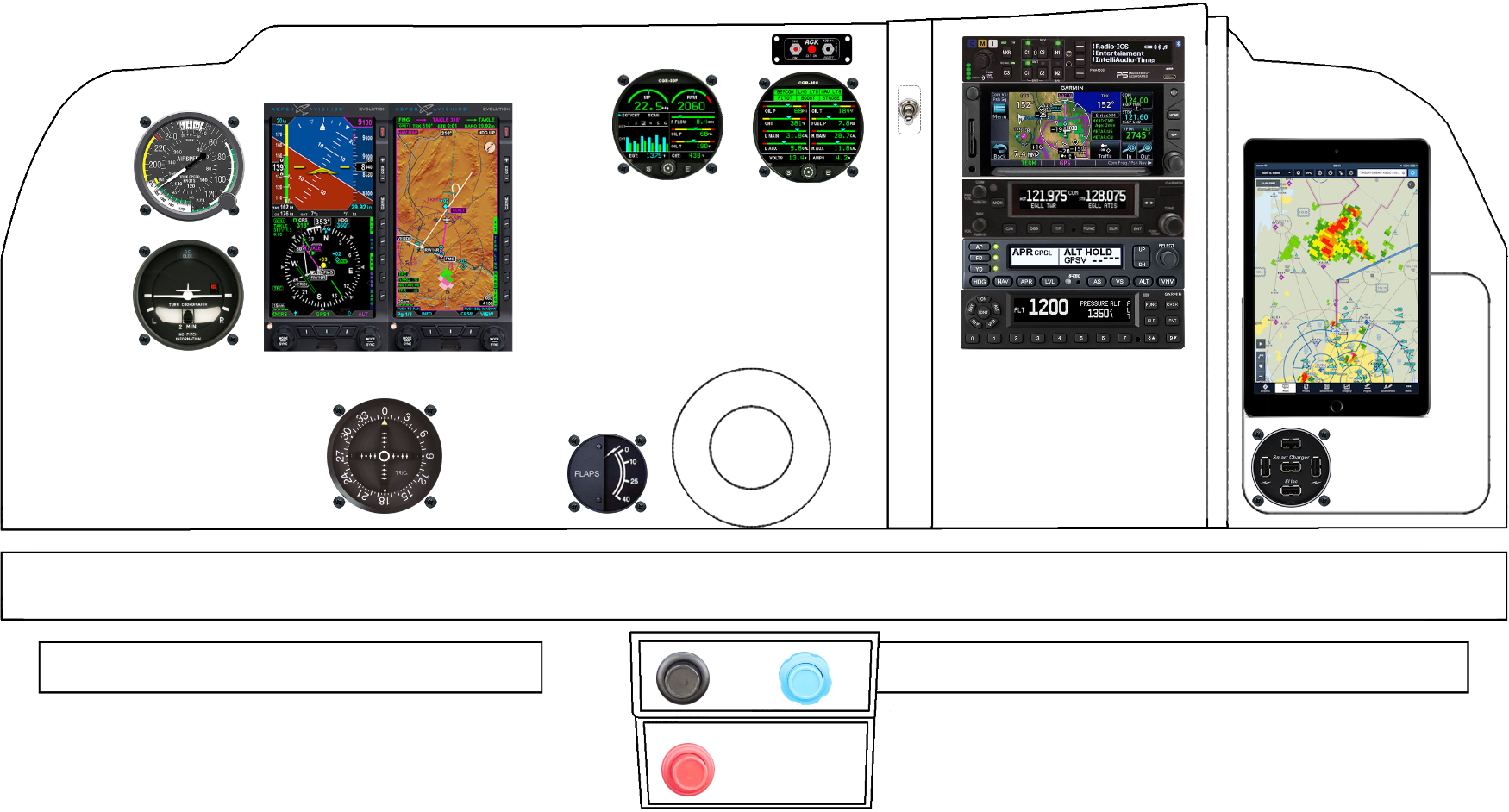 35-B33
35-B33
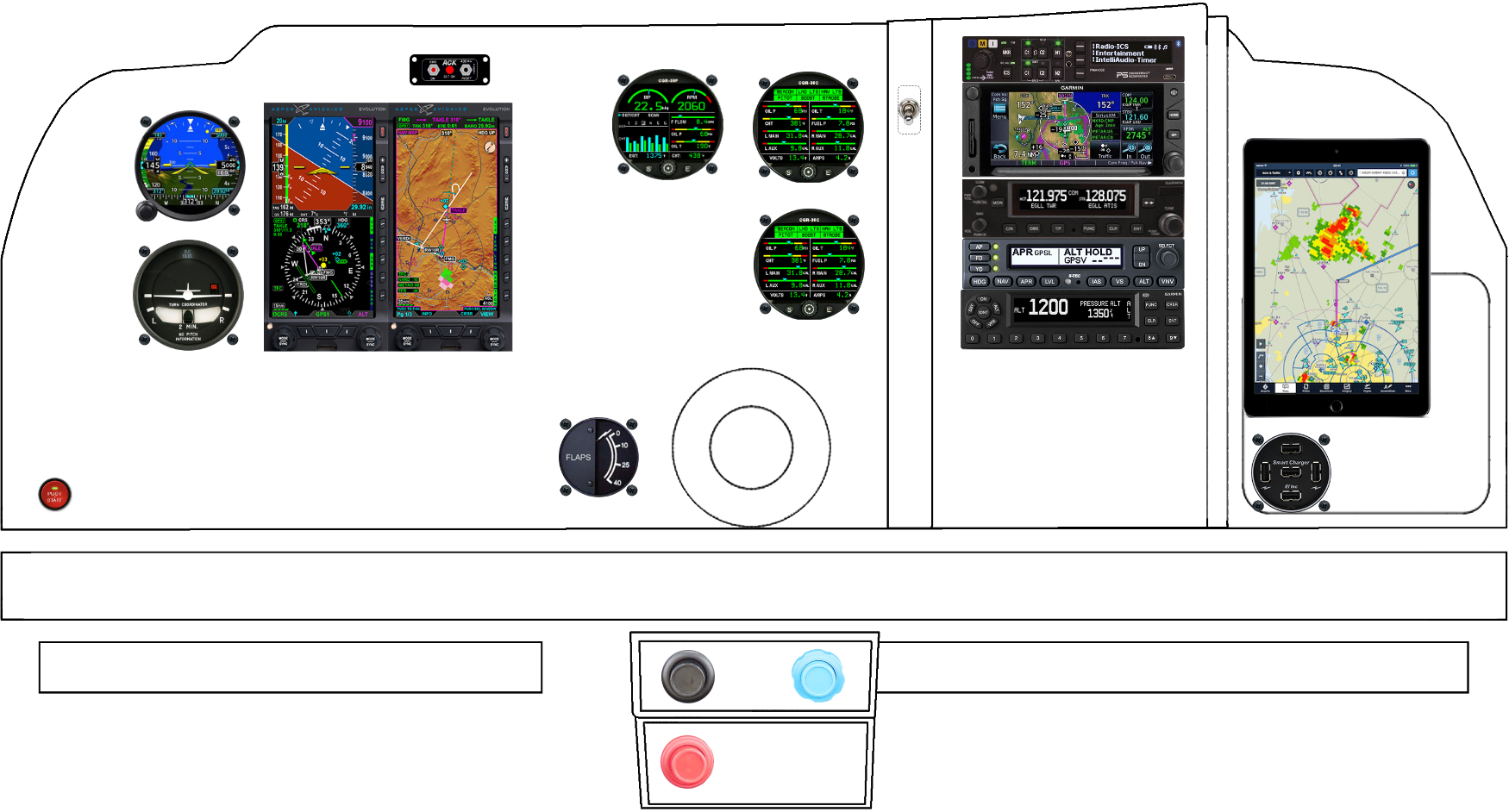 35-B33
35-B33
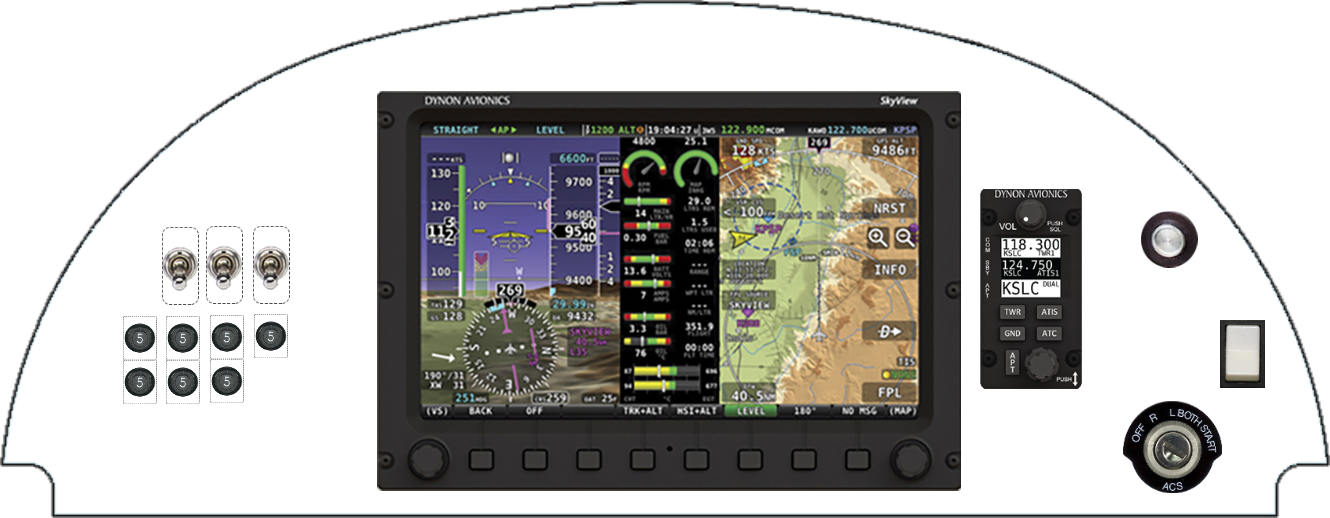 S1/S2
S1/S2